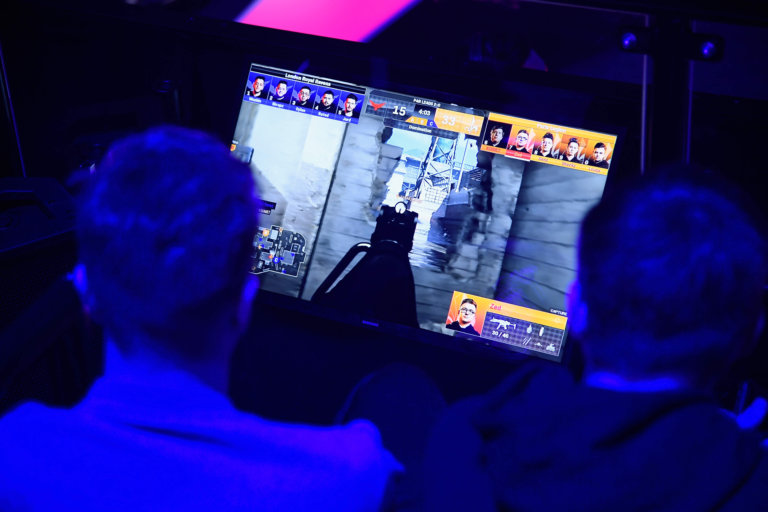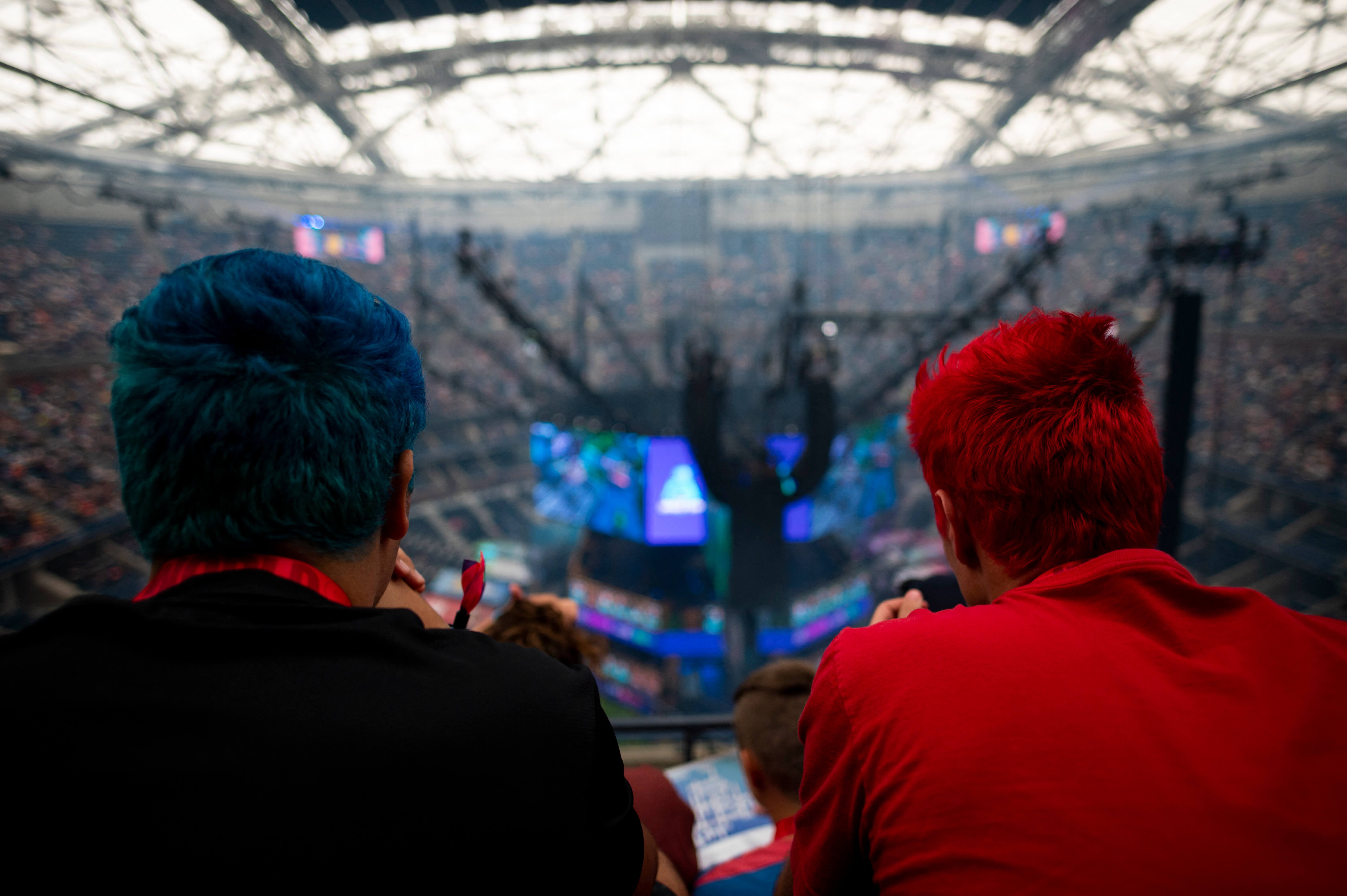
Esports — the fan term for competitive gaming — has come a long way since 1997, when semi-professional American gamer Dennis Fong won a Ferrari 328 for his skills at the early three-dimensional shooting game Quake. Today, it’s an industry with over US$1.1 billion in revenue, with a dizzying array of celebrities (Michael Jordan and David Beckham, among others), fashion brands (Louis Vuitton) and businesses (Kraft Group) wanting in.
Competitive pros compete in games like League of Legends, Call of Duty and Overwatch. The other kind of professional video-gamers are entertainers. The former trains like athletes with coaches. The latter live-streams on YouTube and Twitch, earning fans in the millions by being good-looking, skilled and funny.
Steve Borenstein, Chairman of Activision Blizzard’s esports division and Former CEO of ESPN and NFL Network said, “I believe esports will rival the biggest traditional sports leagues in terms of future opportunities, and between advertising, ticket sales, licensing, sponsorships and merchandising, there are tremendous growth areas for this nascent industry.”
In 2020, the global esports market was valued at just over US$950 million and is estimated to reach almost US$1.6 billion in 2023. Madden 19, the game featured at the tournament in Jacksonville, is part of the long-running EA Madden Franchise. Since its inception nearly 30 years ago, the EA Madden Franchise has sold more than 130 million units, totaling more than US$4 billion in revenue.
Esports tournaments have become a cultural phenomenon and now rival traditional sports events in size and scale. Big competitions are held in arenas where thousands of fans watch big-name professional video gamers compete for lucrative prize pools. This could only mean one thing: games should be taken seriously.
What will I study in an esports programme?
A degree in esports focuses on the business aspect of it. Students will learn within a practical and technical environment involving everything required to host small and large scale events, create business plans to build teams, and promote events through digital marketing. Esports Management students will also explore the culture of esports, its audience and fan base, and four dominant game genres that make up the industry.
“Besides a love of games and versing other people in gaming. The major reason I have moved towards esports is due to one of my business partners’ Loukmane Issa and his passion for the industry” said Sam Ward, co-founder of Valor Esports.
Throughout the programme, students gain essential sports business knowledge by studying sports marketing; analytics; tournament and league management; special events management; accounting; and communications. Students learn about industry software and hardware; computer networking and the business models behind team management; and tournaments while developing and honing their streaming skills.
A graduate-level curriculum will provide you with a deeper understanding of the esports landscape, the malleability to adapt to the continual shifts in that industry, and the skills to become a leader in this rapidly expanding sports business sector.

Fans attend the 2019 Fortnite World Cup Finals. Source: Johannes Eisele / AFP
What are the entry requirements?
Different schools have different entry requirements. For a bachelor’s degree, you need a strong set of GCSE grades with the majority at A or A* and an IB Diploma with 38 points overall. Some schools list an A-level in General Studies as a supplementary qualification. For a master’s degree, you need a four-year bachelor’s degree in an equivalent discipline and a minimum GPA of B+.
Programmes operate on a modular basis that provides flexibility and choice. Typically, each credit taken equates to a total study time of around 10 hours. Total study time includes scheduled teaching, independent study and assessment activity. Full-time students take modules worth 60 credits per semester, with part-time students taking proportionately fewer credits per semester. A typical full-time bachelor’s degree takes three years to complete.
What are my career options?
At Valor Esports, life skills such as resilience, discipline and communication can be applied through esports using the Valor structure, leading to industry education because not every person aspires to be a professional player. “Though if you love what you do and you love esports then it is likely you would enjoy a career in the esports industry,” said Ward.
“Valor Esports wants its players to have a strong understanding of how they can create opportunities in the industry they love. This ideology ties into the concept of building well rounded competitors. Just because you can’t be a pro doesn’t mean you can’t have a fulfilling career around the thing you love.”
There are many different roles within esports – some more hands-on than others – and more non-endemic companies are opening esports divisions or adding roles that work within the space. Apart from being a pro gamer, there are a multitude of job opportunities in the esports industry including a shoutcaster or game tester; coach or analyst; journalist or content creator; public relations or marketing executive and so forth.










